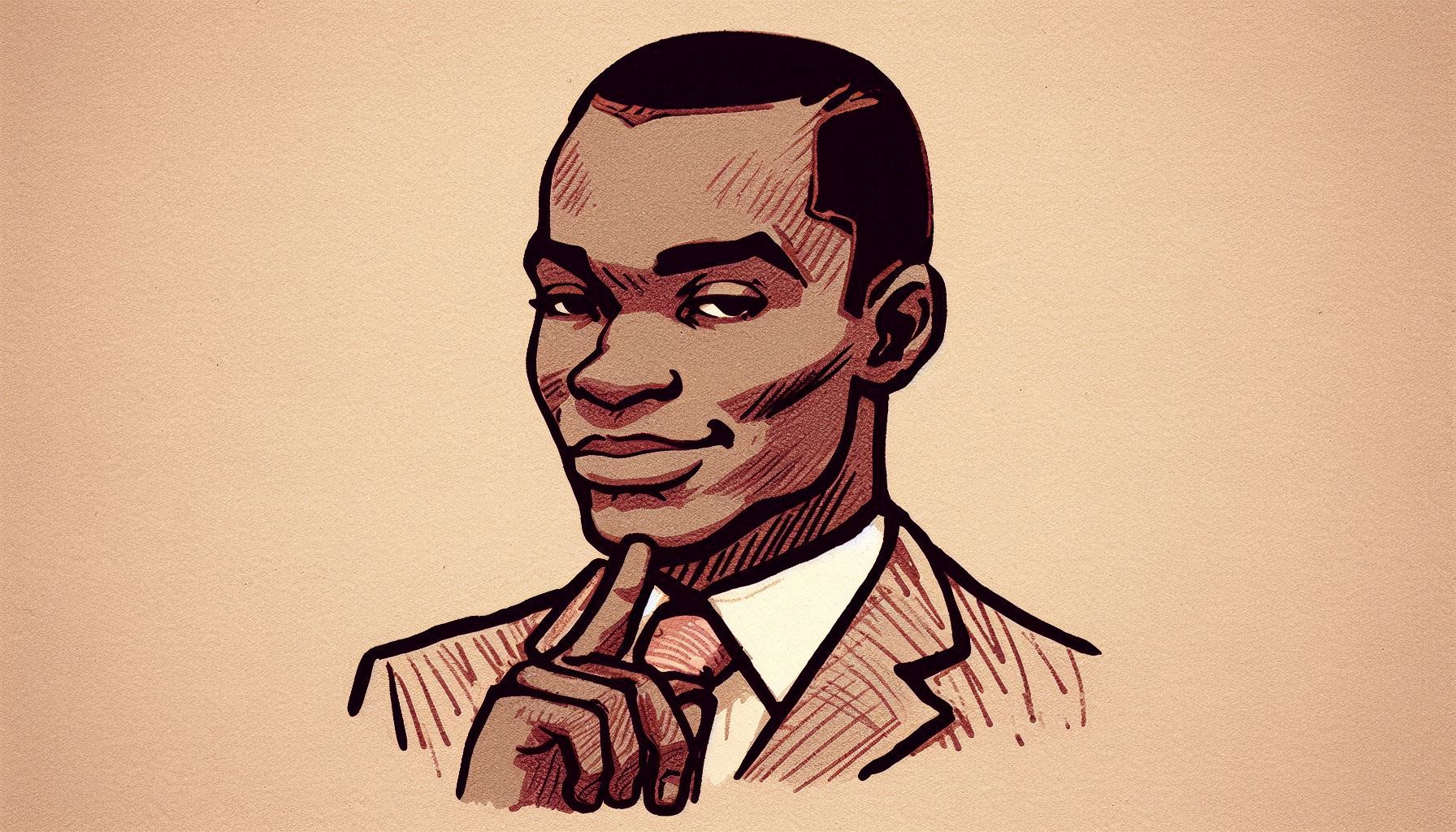 Get Weekly Birth Month Insights!
Get Weekly Birth Month Insights!
Quick, powerful tips about your luck, love life, money, career, and more — all based on your birth month.
Stay ahead. Feel seen. Grow smarter. 
When you’re involved with a narcissist, the question often lingers: can they ever change? Hope can be a powerful force, but in the world of narcissism, reality paints a complex picture. While change is possible, it’s rare and requires more than just wishful thinking. Let’s break down the truth behind this challenging question.
1. Self-Awareness: The Missing Piece
For any real change to occur, a narcissist must first recognize their behavior and its impact. The problem? Narcissists are often blinded by their inflated self-image. They see others as the problem, not themselves.
2. The Ego Barrier
Narcissists protect their fragile egos at all costs. Admitting fault or seeking help threatens their sense of superiority. This defense mechanism makes genuine self-reflection difficult, if not impossible.
 Get Weekly Birth Month Insights!
Get Weekly Birth Month Insights!
Quick, powerful tips about your luck, love life, money, career, and more — all based on your birth month.
Stay ahead. Feel seen. Grow smarter. 
3. Therapy: A Double-Edged Sword
Professional help is essential for change, but most narcissists resist therapy. If they do go, it’s often to manipulate the process or prove others wrong. True progress requires deep, consistent work—a commitment many are unwilling to make.
4. Change Requires Motivation
Real transformation demands a strong reason to change. For narcissists, losing control or facing consequences might trigger temporary shifts. But unless the motivation comes from within, these changes rarely last.
5. Patterns of Manipulation
Even if they show signs of change, watch for manipulation. Narcissists can mimic growth to regain your trust or control. Real change is consistent and self-driven, not a performance.
 Get Weekly Birth Month Insights!
Get Weekly Birth Month Insights!
Quick, powerful tips about your luck, love life, money, career, and more — all based on your birth month.
Stay ahead. Feel seen. Grow smarter. 
6. Empathy: The Missing Link
A key trait in lasting change is developing empathy. Without it, their relationships remain transactional. True change involves learning to see others as equals, not tools for validation.
7. The Role of External Pressure
Sometimes, legal issues, job loss, or broken relationships push a narcissist to reflect. While this external pressure can initiate change, the challenge is maintaining it once the crisis passes.
8. The Rare Exception
There are cases where narcissists improve, often through years of intense therapy and self-reflection. These individuals usually show genuine remorse and a commitment to long-term growth. But they’re the exception, not the rule.
 Get Weekly Birth Month Insights!
Get Weekly Birth Month Insights!
Quick, powerful tips about your luck, love life, money, career, and more — all based on your birth month.
Stay ahead. Feel seen. Grow smarter. 
9. Don’t Bet on Potential
Holding on to the hope that they’ll change can trap you in a toxic cycle. It’s important to focus on their actions, not their promises. You can’t force someone to change—they have to want it for themselves.
10. Protect Your Own Growth
While wondering if they’ll change, don’t lose sight of your own journey. Focusing on your healing and boundaries is more empowering than waiting for someone else’s transformation.
The Illusion of Change
Can a narcissist change? In theory, yes. In practice, it’s a long, difficult road that few embark on. Hope can be a powerful anchor, but it can also keep you tethered to someone who may never truly transform. Instead of waiting for them to change, invest in your own growth. Remember, the only person you can control or change is yourself.

 Disclaimer:
This blog provides general information and entertainment only. **You should not act on this content alone—always do your own research and consult professionals when needed.**
Disclaimer:
This blog provides general information and entertainment only. **You should not act on this content alone—always do your own research and consult professionals when needed.**

